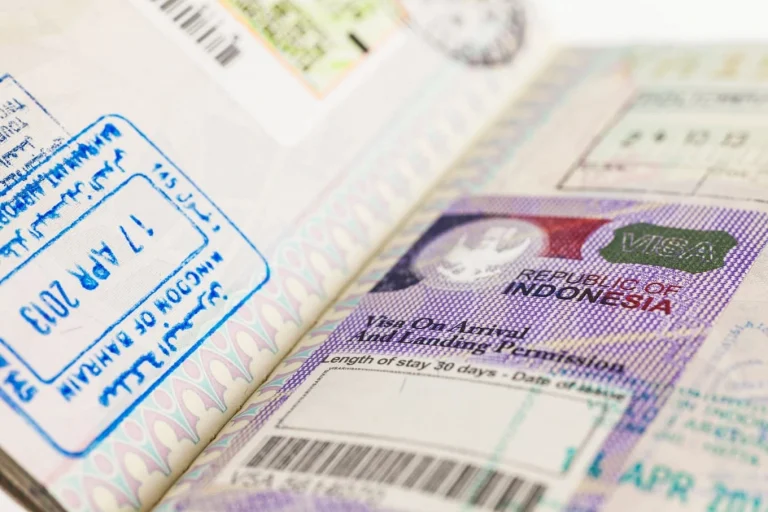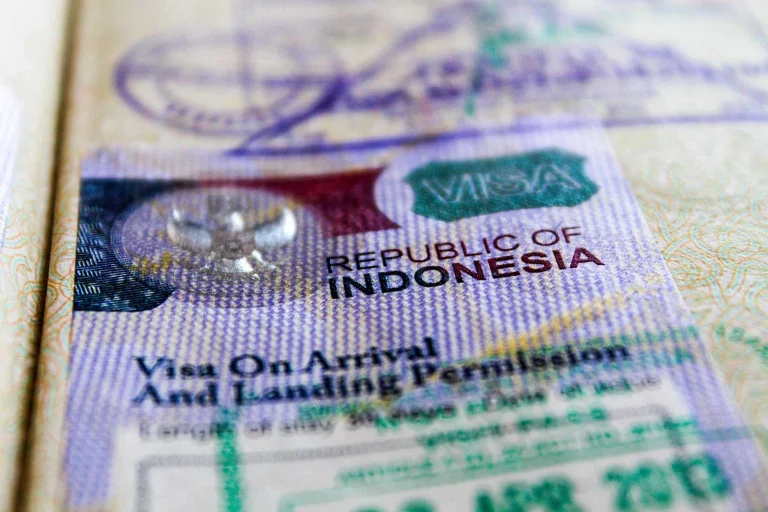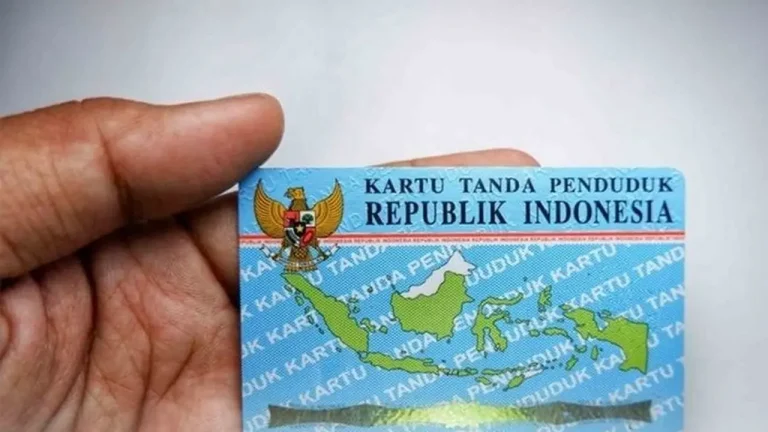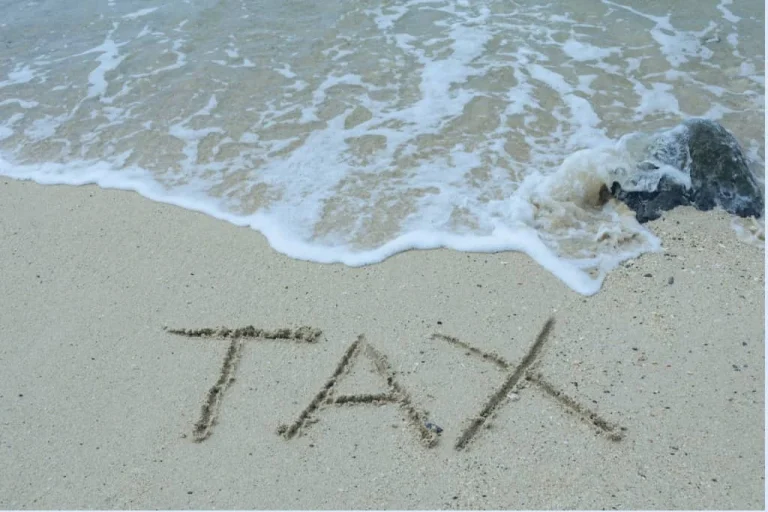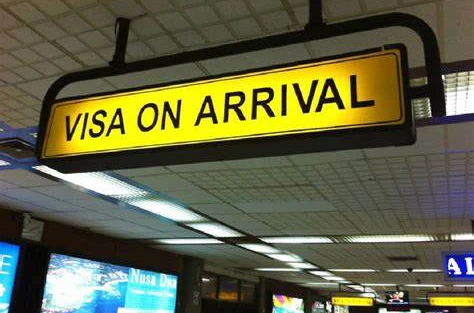Visas for digital nomads in Bali: your options in 2024
Visas that are suited to digital nomads in Bali can be confusing. The truth is, there is no “one size fits all” visa when it comes to digital nomads in Indonesia. The Best is to Whatsapp us now and share your story, we will immediately advise you the best option for you. However, Here is what you need to know to pick the perfect visa in Bali as a remote worker.
What you need to know before picking your visa as a digital nomad in Bali
Before picking a visa, it is very important to understand the following regulations and law enforcement from Indonesian officials.
Foreigners are NOT allowed to “freelance” locally in Indonesia
Indonesia doesn’t allow foreigners to freelance on its soil with local clients or companies.
There is simply no such thing as sole proprietorship or anything equivalent for foreigners in Indonesia. Any foreigner that wants to engage with local businesses, even if it’s a “one person business” will have to be sponsored by a local entity one way or another.
A visa is a stay permit, not a work permit
Another key concept to understand as a digital nomad in Indonesia is the difference between a work permit and a visa.
Simply put, some visas allow you to stay in Indonesia for quite some time, but that does not mean you are allowed to work unless you have a work permit that explicitly allows it.
For instance, a tourist visa doesn’t make you an Indonesian resident and also forbids working in Indonesia. But there are also visas that makes you an Indonesian resident that still don’t allow you to work in Indonesia.
For reference, working in Indonesia without the proper paperwork makes you face deportation very fast.
Digital nomads without working visas and permits are only tolerated as long as they NEVER engage with local companies
The immigration and the ministry of manpower tolerate digital nomads foreigners without residence visas and appropriate work permits as long as they do NOT work with/for local companies.
To put it bluntly, it is assumed that such digital nomads with clients strictly outside of Indonesia will technically work from another country (even if he/she is on Indonesian soil), and that he is liable for taxes somewhere else.
However, if such foreigners try to engage with local companies / businesses without the proper visa and work permit, then there is no more tolerance or grey area and they would face deportation for violating the purpose of their visa.
On this subject: “Living in Bali tax-free: is it really possible?”

What kind of Bali digital nomad are you?
Now that you know a bit more about the local regulations, here are a few of the questions you’ll have to answer before you can safely pick a visa over another.
Do you plan on working with Indonesian companies / clients?
This question is one of the most important one you should ask yourself as a digital nomad in Bali. It will help you determine if you need a work permit (which can only be obtained with certain visas).
If you DO plan on working with Indonesian companies, clients or any sort of permanent establishment, you WILL need a stay permit called a KITAS (1 year stay permit) or KITAP (5 years stay permit) sponsored by a local company, as well as a work permit that goes with it. You will also automatically become a tax resident of Indonesia.
If you do NOT plan on working with any local companies in Indonesia, then your visa options to stay in Bali as a digital nomad are a little bit broader.
On the matter: What is a KITAS? Different kind of KITAS explained
Do you want to be a digital nomad officially residing in Indonesia, or are you simply visiting?
Another aspect that is very important for your future visa choices is simply your life goals.
Some visas have important limitations that might hinder your lifestyle in Bali: going in and out easily of Indonesia, having local driving licences, opening local bank accounts or simply having to renew your visa over and over.
Being a resident of Indonesia (meaning having a KITAS or a KITAP) can have some pros and cons when you are a digital nomad. Like any sort of residentship, your new rights and privileges come at a price and with a few duties.

The main visa options for the digital nomads in Bali
Now that you know more about the things you should be aware of, here are some of the visas that can be suitable for you as a digital nomad in Bali.
The tourist Visa On Arrival (VOA) : an option for the digital nomad without local clients staying less than 2 months in Bali
The tourist visa (VOA) or the visa exemption, can be enough for short stays in Bali, as long as you do not have any local client.
Obviously, this is not a long term option, but if you are travelling the world and don’t want to commit to Bali in any shape or form, that could work.
Note: there are 2 VOA, to know more read this article: VOA vs E-VOA: Important differences you should know
Pros of the VOA as a digital nomad
- Easy to get straight at the airport or online if your nationality is eligible
- You do not need a local sponsor to get the visa
- Cheapest visa
- No tax liability in Indonesia as long as all your clients are outside of the country
Cons of the VOA as a digital nomad
- 2 months stay maximum including extensions. After 2 months, you have to get out of the Indonesian territory.
- Single entry: you will need a new visa every time you get out of the country
- Working in Indonesia or earning income from Indonesia is strictly forbidden
Price of the VOA
- 30$ for 30 days at the airport or 60$ for 60 days on the immigration website
The B211 visit visa: a popular 6 months visit visa for digital nomads that do NOT work with Indonesian clients

The B211 visit visa is some sort of a big brother of the usual tourist visa on arrival. For simplicity’s sake, you could call it a long term tourist visa.
It is also the only option for touristic stays for foreign nationals that do not have their country on the VOA list, as it requires a bit more background check compared to a simple VOA.
It is a bit more complicated to obtain than a simple VOA: you will need a local sponsor as well as a few trips to the immigration office, but it still remains fairly simple for most people.
The big pro of this visa is that it is valid for 6 months instead of 2 maximum for the VOA, making it a great option for the digital nomads that only spend half of the year in Bali and/or the ones testing the waters before committing to a more complex visa option.
Pros of the B211 visa for digital nomad
- Fairly easy to obtain
- One of the cheapest visas for longer visits
- You are a tourist. No tax liability in Indonesia as long as all your clients are outside of the country
Cons of the B211 for digital nomad
- You need to extend your visa every two months
- 6 months total validity. You need to get out of Indonesia every 6 months to renew your visa.
- Single entry: you can’t get out of the country without losing your visa
- Working in Indonesia or earning income from Indonesia is strictly forbidden
- Despite its longer term, you are not considered an Indonesian resident, but only a tourist. Some things only residents can do are still off-limits to you (having a local driving licence, joining social security etc…)
Price of the B211
The working KITAS: your only option to work legally with Indonesian clients

The working KITAS (and its matching working permit) is the only visa that will allow a foreign digital nomad to work with Indonesian clients or entities.
It is a lot more complex to obtain than the visas previously mentioned, but it also comes with a few pros since it automatically makes you an official Indonesian resident.
Simply put, the working KITAS isn’t the cheapest one available to most digital nomads, but it’s the holy grail that will allow you to be as free as a remotely working foreigner can be in Indonesia.
Pros of the working KITAS as a digital nomad
- Valid 6 months minimum, usually 1 year and up to 5 years
- Your visa is multi-entry: you are free to come in and out of the country without losing your visa
- You can work with local clients/be hired in local companies (if you have the matching work permit)
- You can earn income in Indonesia
- You can benefit from several things only residents can get (having a local driving licence, owning a vehicle, opening a bank account, getting social security and retirement schemes…)
Cons of the working KITAS as a digital nomad
- You DO need an Indonesian company to sponsor your working KITAS.
- Only Indonesian companies a certain size can sponsor working KITAS
- The company sponsoring you will have to pay a 1200 USD / year tax called the DKK for the work permit
- You need to be qualified enough to get a working KITAS (bachelor degree, unique skill etc..)
- A working KITAS comes with tax liability in Indonesia on your worldwide income
- The process to obtain a working KITAS + work permit is long and complicated
- A working KITAS is the most expensive visa to get, even more if you need a local company to sponsor it for you
Price of the working KITAS
- 2450 USD for a working KITAS with work permit from abroad (without sponsor)
- 3040 USD for a working KITAS from abroad sponsored by Celerity
- 11.9 Mil IDR + 1200 USD for extensions
The investor KITAS: a good visa option for digital nomads with investments in Indonesia
The investor KITAS is exactly what it sounds like. It’s a visa specifically made for foreign investors.
The deal is rather simple: in exchange for your investment in a local company (you need to own 10% of it minimum), you can get a stay permit that makes you an Indonesian resident.
It doesn’t allow you to work unless you are the director of the company you invested your money in, but it can be a very interesting visa nonetheless.
A visa to consider for digital nomads in several situations:
- You have investments in a local company (at least 10% of its shares) but earn your usual income from digital nomads activities from clients NOT in Indonesia
- You own a local company yourself and you are the director
- You plan on starting your own (digital or not) business in Bali
Pros of the investor KITAS as a digital nomad
- You can stay 1 year, 2 years and up to 5 years without living Indonesia
- Your visa is multi-entry: you are free to come in and out of the country without losing your visa
- It is one of the cheapest KITAS since you do not need to pay the DPKK tax for a work permit
- You can benefit from several things only residents can get (having a local driving licence, owning a vehicle, opening a bank account, getting social security and retirement schemes…)
Cons of the investor KITAS as a digital nomad
- You need a local company to sponsor you
- You need to own minimum 10% of the shares of a local company to get it
- You can’t obtain a work permit on an investor KITAS
- You are not able to work unless you are the director of the company sponsoring your KITAS
- An investor KITAS still comes with tax liability in Indonesia on your worldwide income
- The process to obtain an investor KITAS isn’t the shortest
Price of the investor KITAS
The second home visa: the new 5 years tax-free visa for high income digital nomads
The second home visa is the newest 5 years visa aiming directly at (wealthy) digital nomads.
It is by far the best bang for your buck if you qualify and do not work directly with Indonesian companies.
Pros of the second home visa as a digital nomad
- You can stay up to 5 years without having to leave Indonesia
- Your visa is multi-entry: you are free to come in and out of the country without losing your visa
- You become a tax resident of Indonesia and are tax-free on your offshore income (anything coming from outside of Indonesia)
- It’s quite easy and straightforward to get if you meet the requirements to obtain it
- You can benefit from several things only residents can get (having a local driving licence, own a vehicle, open a bank account, get social security and retirement schemes…)
- Aside from meeting the requirements, the visa is cheap with low maintenance
Cons of the second home visa as a digital nomad
- You need to make a significant investment in Indonesia or have big savings (135,000 USD or equivalent) to be eligible for it (either cash or through property investment)
- You are not allowed to work and earn revenue originating from Indonesia as the visa doesn’t come with working permit
Price of the second home visa
The spouse KITAS/KITAP: the only visa that (almost) allows “freelance work” for foreigners

The spouse KITAS (1 year) or KITAP (5 years) are also interesting for the digital nomad foreigners married to a indonesian citizen.
It does come with a few pros that do not exist with other visas, most notably because there is a grey area stating that a foreigner married to an Indonesian citizen can work informally in his/her spouse’s small business to provide for his/her family without the need to register for a work permit. And a digital nomad freelance position usually fits that definition quite well.
Pros of the spouse KITAS as a digital nomad
- Your Indonesian husband / wife sponsors your visa
- You can stay 1 year up to 5 years without having to leave Indonesia
- Your visa is multi-entry: you are free to come in and out of the country without losing your visa
- You can work in Indonesia in your spouse small business without work permit as long as it’s a small scale informal hustle (as close as it gets from sole proprietorship)
- It is the cheapest and fastest KITAS / KITAP to get
- You can benefit from several things only residents can get (having a local driving licence, owning a vehicle, opening a bank account, getting social security and retirement schemes…)
- After 2 years of spouse KITAS, you are eligible for a 5 years spouse KITAP which lets you have a local ID card called KTP. You are therefore as close as it gets to an Indonesian citizen without having to change your citizenship.
Cons of the spouse KITAS as a digital nomad
- You need an indonesian spouse to be eligible
- You become dependent on your spouse to sponsor your visa, which can be a problem in case of conflictual marriages.
- A spouse KITAS comes with tax liability in Indonesia on your worldwide income.
- You will still need a working permit if you want to be employed in an Indonesian company or if your digital nomad business is bigger than what is “tolerated” to provide for your family
Price of the spouse KITAS
Summary of visa options for digital nomads in Bali
As you’ve seen, there isn’t a one size fits all visa when it comes to digital nomads in Bali.
Here is a quick summary of the main visas options that could be a fit for you (or not) depending on your situation.
| Visa | Duration (incl extensions) | Multi-entry | Sponsor | Work in Indonesia | Tax liability in Indonesia | Requirements | Price |
|---|---|---|---|---|---|---|---|
| Visa exemption | 30 days max | No | No need for sponsor | Strictly forbidden | No | Be an ASEAN citizen | Free |
| VOA | 60 days (2×30) at the airport 60 days online | No | No need for sponsor | Strictly forbidden | No | Be a citizen of the eligible countries | 30$ for 30 days 60$ for 60 days |
| B211 | 180 days max (3 x 60 days) | No | Required: Indonesian citizen or permanent establishment | Strictly forbidden | No | Have sufficient funds | 250$ / 2 months |
| Investor KITAS | 1 year or 2 years | Yes | Required: Indonesian company | Forbidden unless you are director of your company | Yes | Own 10% or more of an Indonesian company | From 1,030$ / year |
| Second home visa | 5 years | Yes | No need for sponsor | Strictly forbidden | Yes but tax free on offshore income | Have 135K$ in saving or invested in Indonesia | 49mil IDR for 5 years |
| Working KITAS | 6 months, 1 year, up to 5 years | Yes | Required: local company or indonesian wife/husband | Allowed with work permit | Yes | Being qualified enough to be employed Pay a DPKK tax | From 2,450$ / year |
| Spouse KITAS | 1 year up to 5 years | Yes | Required: your Indonesian husband or wife | Small hustles tolerated. Bigger businesses allowed with work permit. | Yes | Being married to an Indonesian citizen | From 1,140$ / year |


